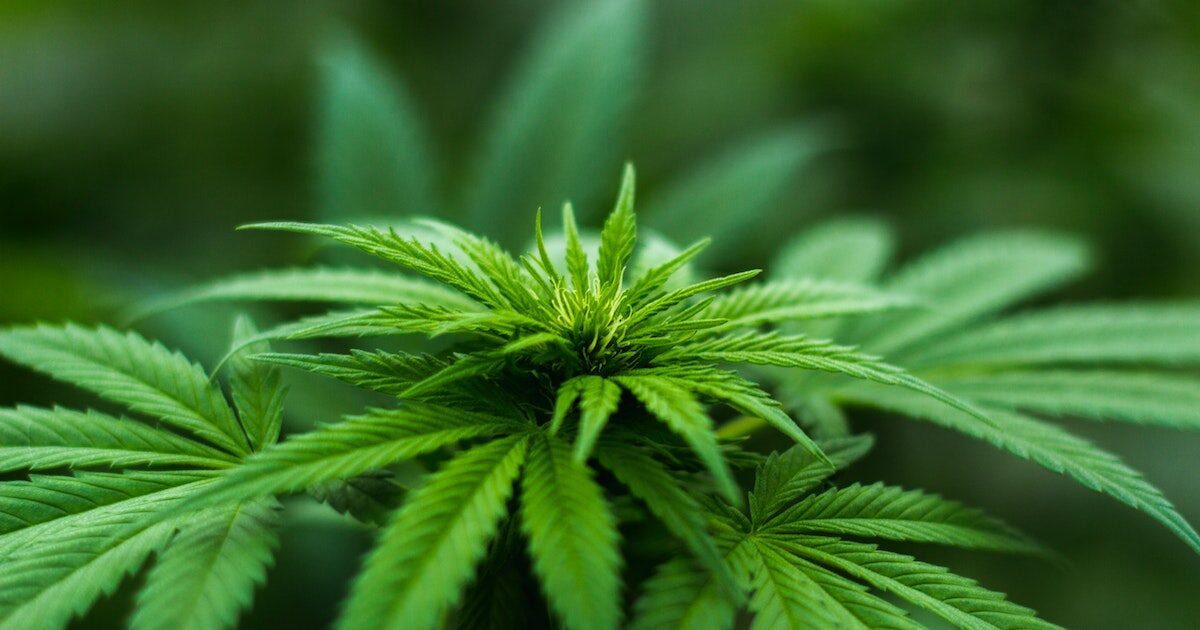Ever since the laws surrounding marijuana have loosened, people’s views toward the drug have changed. Many people are accepting of cannabis, and some even cite benefits such as reduced anxiety and pain relief. However, it’s important to look at marijuana objectively, as the benefits often don’t outweigh the risks.
Teens and young people are most at risk for problems because their brains are still developing. But even adults can suffer adverse effects from cannabis on their cognition, mood and overall brain function. Let’s explore the impact that marijuana has on the brain, including the risk for addiction.
Short-Term Effects
Marijuana has immediate effects on the brain and body. When smoked, it usually takes a minute or two to feel the drug kick in. If you eat cannabis, it can take up to an hour to feel the effects. Here are the short-term effects of cannabis:
Altered perception and cognition
THC binds to cannabinoid receptors in the brain, affecting regions responsible for perception, attention, memory and problem-solving. Short-term marijuana use can lead to altered perception of time, impaired memory formation, decreased attention span and reduced problem-solving ability.
Euphoria and relaxation
When the cannabinoid receptors in the brain’s reward system are activated, it can induce a sense of euphoria, relaxation and increased sociability. These effects can vary depending on the strain and potency of the marijuana.
Impaired coordination and motor skills
THC affects areas of the brain responsible for coordination and motor skills, leading to impaired balance, coordination and slower reaction times. This can increase the risk of accidents and impair performance in certain activities.
Anxiety and paranoia
In some individuals, particularly those with preexisting anxiety disorders, marijuana use can induce feelings of anxiety, paranoia and panic. These effects are thought to be related to THC’s impact on brain regions involved in fear and anxiety responses.
Long-Term Effects
People who use marijuana regularly run the risk for long-term effects on their mental and physical health. These include:
Potential for Addiction
Long-term marijuana use, especially in heavy users, can lead to dependence and addiction. The addictive potential of marijuana is influenced by various factors, including genetic predisposition, frequency and duration of use and individual susceptibility. One study found that 3 in 10 people who use marijuana have a marijuana use disorder.
Cognitive impairment
Prolonged and heavy marijuana use during adolescence and young adulthood, when the brain is still developing, has been associated with potential long-term cognitive impairments. These include decreased IQ, attention and memory deficits and impaired executive functioning.
Mental health effects
While the relationship between marijuana use and mental health is complex, research suggests a potential link between heavy marijuana use and an increased risk of mental health disorders. However, more research is needed to establish causation and determine underlying factors.
Respiratory health risks
Smoking marijuana can have adverse effects on respiratory health. Regular marijuana smoking may lead to chronic bronchitis, respiratory infections and lung damage. Although it’s free of nicotine, marijuana still pollutes the lungs.
Outpatient Arizona Rehab for Marijuana Use Disorders
Marijuana’s impact on the brain is multifaceted, with both short-term and long-term effects. While it can produce euphoria and relaxation, it also carries risks such as impaired cognition, mental health problems and the potential for addiction.
If you or a loved one is struggling with a marijuana use disorder, you may benefit from outpatient drug rehab in Arizona. This level of care is flexible and allows you to work and live at home while receiving support. Contact Wolf Creek Recovery to learn more about our outpatient treatment services.












